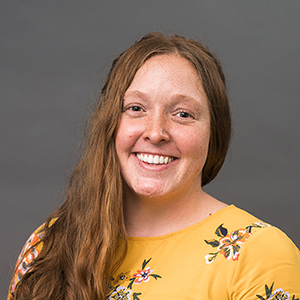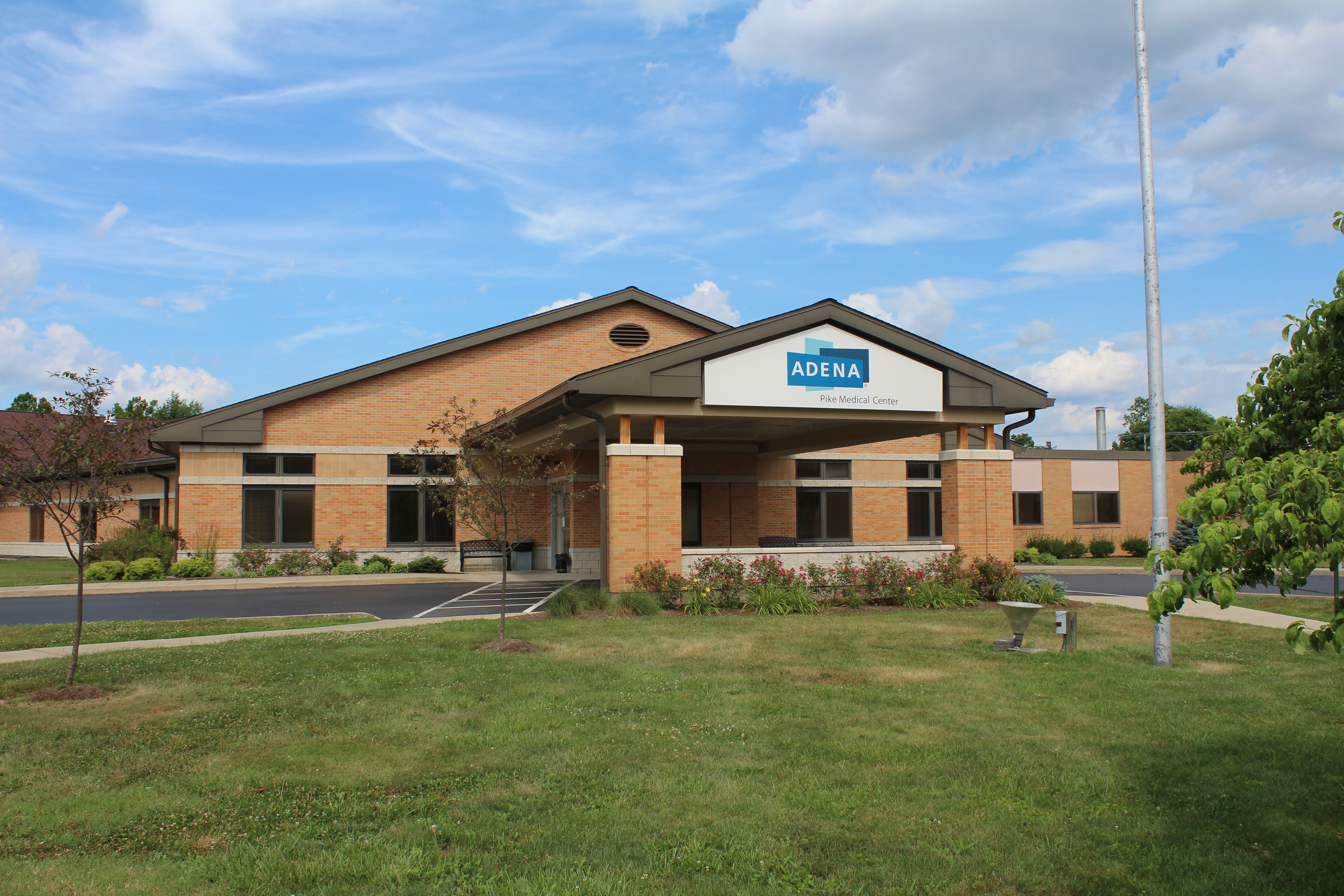Don’t Look “Back” to School, Look Forward

 Although it may not appear in obvious ways, the COVID-19 pandemic has likely impacted your children. According to the U.S. Department of Education, the COVID-19 pandemic has impacted our youth at every level of education, especially having negative impacts for our “marginalized and underserved” children. This means that many kids who were already struggling in school have likely been doing worse during the pandemic.
Although it may not appear in obvious ways, the COVID-19 pandemic has likely impacted your children. According to the U.S. Department of Education, the COVID-19 pandemic has impacted our youth at every level of education, especially having negative impacts for our “marginalized and underserved” children. This means that many kids who were already struggling in school have likely been doing worse during the pandemic.
As a local health care leader dedicated to serving our communities, Adena Health System is working with area schools and families to care for children and their education -- providing potential and promise for our next generation. Our health care providers are looking at children’s mental and physical well-being, working to address any changes that could seem troubling. Adena is also dedicating resources like John A. Gabis, MD, Adena Medical Director of Community Partnerships and Family Physician to work with community leaders, health care partners and school systems to best serve our local youth.
Early Results
Although it’s still a little early to determine what the full impact of the pandemic might have had on students, most health care professionals agree that 2020 brought with it changes in students’ behavioral health. “Through this pandemic, we definitely saw a lot more adolescents for anxiety or depression,” says Adena Pediatrician Amy Maggard, DO, “which was kind of new for that age.” As pediatricians, Dr. Maggard and her team have interest in their patients’ behaviors and ask about school and social life. “We often heard it was a ‘difficult year’,” says Dr. Maggard, “some kids struggled because they didn’t have their socialization, ability to see friends, didn’t do well learning online, or couldn’t play sports.” They also worried about themselves or their loved ones getting sick. These changes often left kids feeling isolated and anxious.

For younger children, the early development years are important. Because of COVID-19, they may have had limited interaction due to closed or reduced capacity in preschools or childcare. This could have a negative impact on some of their learning, communication, and socialization skills. “For early learners, sharing, playing together, pretend play, those things are all beneficial to child behavioral development,” she says.
School: An Important Building Block
From pre-school to college, school is a valuable resource that provides stability for many students. Some families rely on school and pre-school for regular meals, therapeutic or behavioral services like speech therapy or counselling, childcare, and basically the structured framework of learning. When the pandemic disrupted this, it likely disrupted student learning capabilities as well as what was “normal” for students. “For students who have been required to learn from home, some of their situations may not be very safe or very encouraging, possibly exposing them to more trauma,” says Dr. Gabis. “We want to provide additional resources to teachers so that when these kids come back to school, these teachers will have a better understanding of how to recognize additional traumas or how to intervene on behalf of the child.”
Adena: Taking Notes… and Action
In talking to local school administrators, they say their two toughest challenges are student literacy and behavioral health. Disruptive behavior, lack of focus or interest in lessons are tough learning hurdles for students and teachers. And often, just the “speed of life” can cause anxiety and depression for students.
To help, Adena is partnering with the Advisory Board, a national health care consultant, and with Nationwide Children’s Hospital to provide interventional training sessions for teachers. The trainng will focus on helping teachers better understand returning students’ issues and concerns and guide teachers through appropriate responses. It will also provide insights to supportive resources for their students that may need extra help. “We’ll be using the expertise of Nationwide Children’s Behavioral Health Specialists to provide what they see as problems to expect from this pandemic,” says Dr. Gabis. “The idea is to have a strong referral system, both in and outside of school, so that students, their families, and teachers can get the support they need.”
Making the Grade
There are also influences beyond school that impact students and young behavioral development. Reduced exercise or time outdoors, escalated family issues, and extensive screen and social media time have all been factors during the pandemic. “We recommend that parents limit screen time and stick to those limits,” says Dr. Maggard. “Work to spend face-to-face time together with planned meals or games, that can help children engage more.”
“Wherever we have a presence, we want to be a positive force for change and health improvement,” says Dr. Gabis. If your child is experiencing behavioral issues, anxiety or depression contact your Adena Pediatrician or Primary Care Provider for guidance. You can also contact the Adena Counselling Center at 740-779-4888.


Quality of Adena Pike Medical Center’s acute stroke ready care recognized with certification renewal